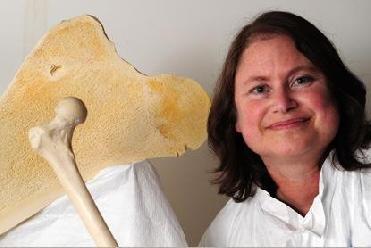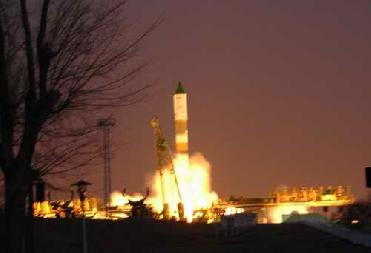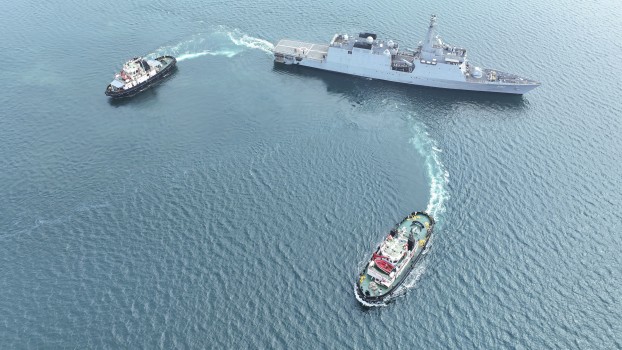
Joyce Keyak. (Credit: Photo by Daniel A. Anderson)
WASHINGTON (BNS): A joint study conducted by UC Irvine and UC San Francisco on 13 astronauts � 12 men and one woman- who have lived for a considerable time of four to six months at the International Space Station (ISS) reveals alarming loss of hipbone strength.
In the study, published in the online version of Bone, the researchers found that, on average, astronauts� hipbone strength decreased 14 percent. Three astronauts experienced losses of 20 percent to 30 percent, rates comparable to those seen in older women with osteoporosis. These results have set alarm bells ringing as the bone deterioration is high than previously measured using less powerful technologies.
UCI orthopaedic surgeon and bio-medical engineering professor and lead researcher Joyce Keyak said that if preventive measures were not taken immediately, some of the astronauts may be at an increased risk for age-related fractures decades after their mission.
In the recent study, the researchers focused on why the micro-gravitational environment of space makes bones more fragile in the astronauts. The previous studies looked at bone mineral density, while this study is the first to specifically evaluate bone strength, the researchers said.
Using a novel computer program, Keyak and her colleagues developed a 20-year data on hipbone fracture risk in people with osteoporosis. The study team used this program to analyse structurally the hipbone CT scans of one female and 12 male ISS crew members.
�The decrease in bone strength measured between 0.6 percent and 5.0 percent for each month of service on the station, which was noticeably greater than monthly reductions in bone mineral density of 0.4 percent to 1.8 percent observed in previous studies on the same subjects,� Keyak said.
Orthopaedic researchers looking into the effects of long-duration spaceflight usually study the hipbone or spine. �The hip experiences the greatest rate of bone loss in space, and a hip fracture almost always requires hospitalisation and major surgery. It can impair a person�s ability to walk unassisted and may cause prolonged or permanent disability or even death. Fractures of the vertebra also have serious consequences, including loss of height, severe back pain and deformity,� the researchers said.
 Previous Article
Previous Article Next Article
Next Article













The Indian Air Force, in its flight trials evaluation report submitted before the Defence Ministry l..
view articleAn insight into the Medium Multi-Role Combat Aircraft competition...
view articleSky enthusiasts can now spot the International Space Station (ISS) commanded by Indian-American astr..
view article